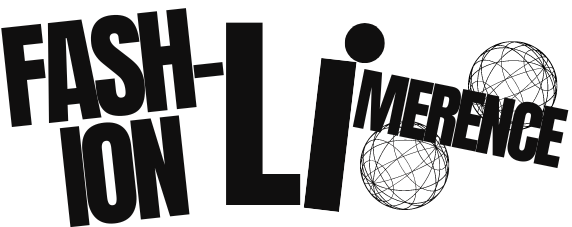No guy wants to nurture his dream beard only to see it start thinning and balding. Not even a little bit. Just to be clear, we’re not talking about when a new beard grows out patchy and uneven. We mean when well-established beard hairs start actually disappearing from your face, which totally sucks.
There are many possible reasons for this kind of beard shedding – ranging from a shift in the hair growth cycle to medical issues – and we’ll show you that there’s plenty you can do about it, in most cases.
Your Natural Hair Growth Cycle

Before you panic that your beard is going to fall out completely. If you’re noticing a few extra hairs in your beard brush or if your beard hair loss is very minor, it’s possible that your hair growth cycle is the culprit. 3 to 6 months, a hair reaches the end of the “resting” phase of growth (called the telogen phase) before it gets pushed out of the follicle and a new hair replaces it after a few months.
Once a beard is well established, this happens almost every day. If this is what’s happening for you, it’s natural and you’re not actually losing hair. About 10% of your whiskers would be in the resting phase at any given time.
Overly Aggressive Grooming Routine

If you use a comb on your beard, stop now! It will pull hairs out like crazy by getting caught in tangles, knots and snags. A comb does nothing to help smooth out your beard.
If you’re using a beard brush, great. Just go easy. Caress your whiskers gently, smoothly, and rhythmically. Aggressively reefing the brush through your beard can put huge stress on hairs, weaken them, break them, and pull them out. Finding a few hairs in your brush is normal, but if the numbers are increasing and you’re noticing pain when you brush, ease up. Also use more beard oil perhaps even some beard moisturizer, to condition and nourish the hairs.
As for washing your beard, always use a premium quality beard wash made with gentle, nourishing ingredients. And wash about 3 times a week. Never use soap or body wash or head shampoo on your beard because they will dry out the hairs and make them brittle, while drying your skin to flakes and weakening follicles.
Nutritional Deficiency
If you’re not getting enough B vitamins, vitamin D, vitamin E, zinc, vitamin A, and magnesium, that can affect follicles in a negative way and bring about some beard shedding. So, for starters, avoid weird fad diets because they can cause nutrient deficiencies (unless a medical professional has told you otherwise, of course). Be sure you eat well and consider a good multivitamin..
Stress
Prolonged stress can wreak havoc on your health – including your beard hair health.
High stress levels cause you to produce excessive amounts of the hormone cortisol. And too much cortisol will screw up your whiskers’ growth phases, mess with the health of follicles, and screw up your levels of other important hormones like testosterone.
Conclusion
Beard hair loss can be distressing, but it’s not the end of the world or your beard journey. Understanding the potential causes, from natural hair growth cycles to grooming habits, nutritional deficiencies, stress, low testosterone, and conditions like alopecia barbate, can help you address and manage the issue effectively.
FAQs
What are the common causes of beard hair loss?
Beard hair loss can be caused by several factors including the natural hair growth cycle, overly aggressive grooming routines, nutritional deficiencies, stress, low testosterone levels, and conditions like alopecia barbate.
How can I tell if my beard hair loss is due to my grooming routine?
If you notice excessive hair loss when combing or brushing your beard, or if you feel pain when grooming, Use a beard brush gently, avoid using a comb, and consider applying more beard oil and moisturizer.
Can diet affect my beard hair health?
Yes, a poor diet lacking in essential vitamins and minerals like B vitamins, vitamin D, vitamin E, zinc, vitamin A, and magnesium can negatively affect your beard hair follicles and cause shedding.
How does stress impact beard hair loss?
High stress levels increase the production of the hormone cortisol, which can disrupt your beard’s growth phases and affect the health of your hair follicles.
What should I do if I suspect low testosterone is causing my beard hair loss?
If you think low testosterone levels might be the cause, see your doctor for testing. They can provide a diagnosis and recommend appropriate treatments or lifestyle changes.
What is alopecia barbate and how is it treated?
Alopecia barbate is an autoimmune disorder where cells attack hair follicles on the face, causing small circular bare patches in the beard.

